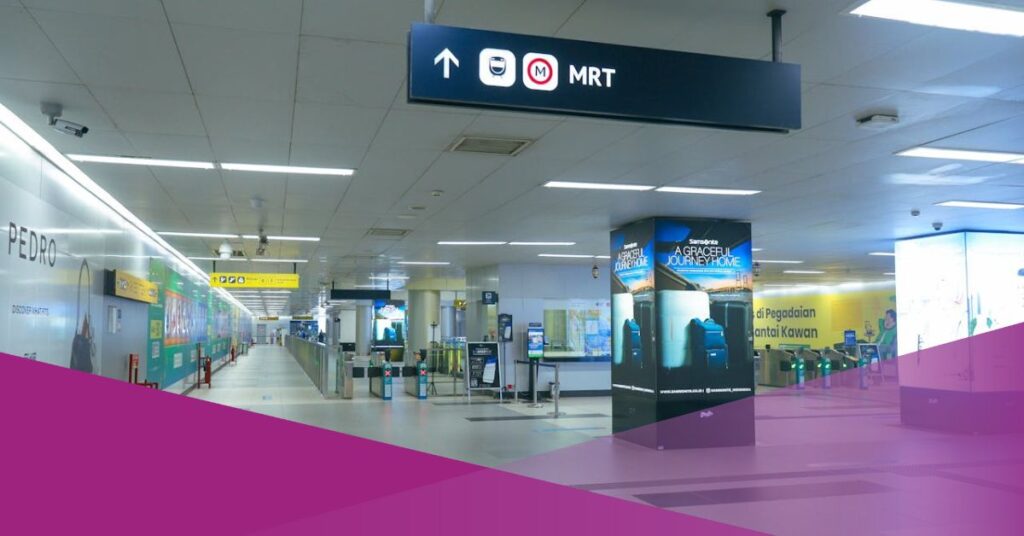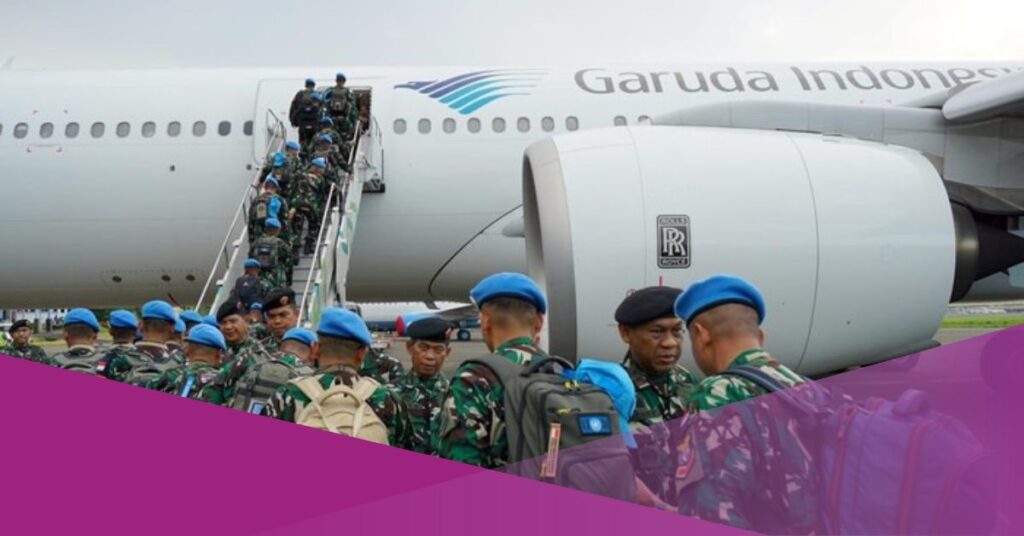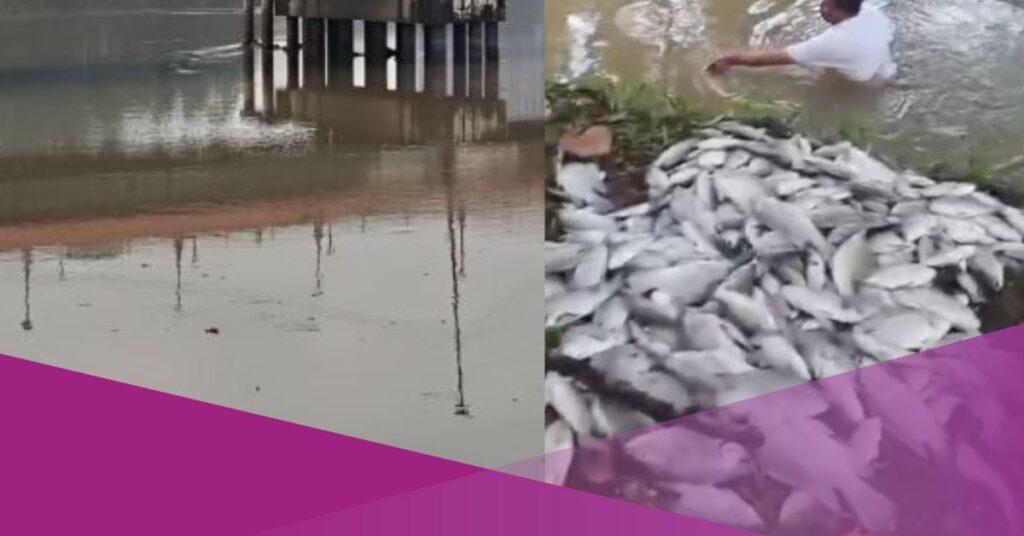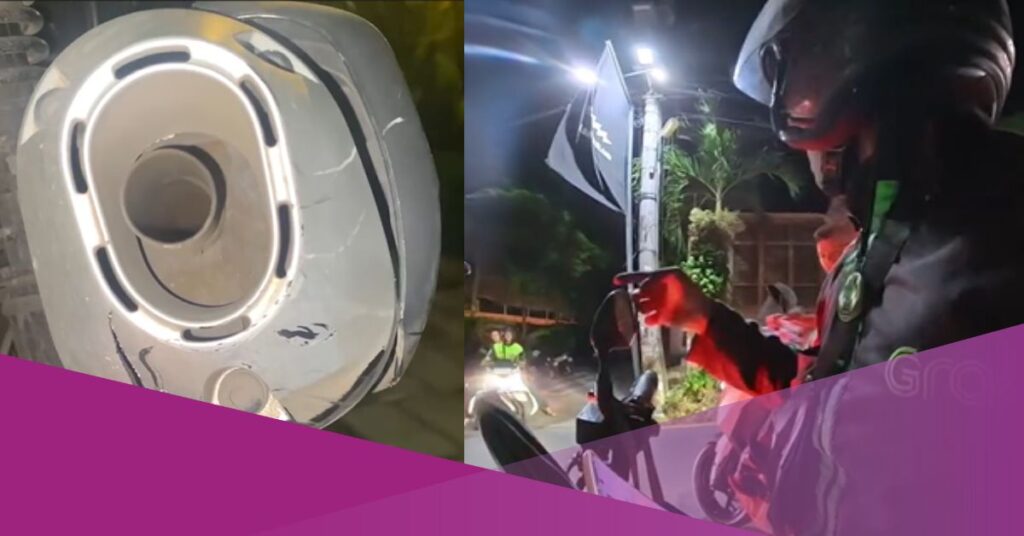Bali is set to begin construction of its long-awaited Mass Rapid Transit (MRT) system, with Phase I targeted for completion by 2028.
The development is expected to provide a much-needed solution to the island’s worsening traffic congestion, which has become a growing concern for both tourists and residents alike.
The project, dubbed Bali Urban Rail and Associated Development, informally referred to as the Bali Subway, will initially connect I Gusti Ngurah Rai International Airport to key tourism zones. Given the geographical and cultural constraints of the island, the MRT is likely to feature an underground design in certain areas to preserve traditional and religious sites.
“We really need this MRT facility because, in Bali, the construction of roads above ground is not allowed. Left and right is tight—not just ordinary houses but temple buildings and all kinds,” said Bali Governor I Wayan Koster.
@mcwnews.com Pemprov Bali-DKI Jakarta Jajaki Kerja Sama Bahas Pembangunan MRT Pemerintah Provinsi Bali (Pemprov Bali) menjajaki kerja sama dengan Pemerintah Provinsi DKI Jakarta terkait rencana pembangunan kereta cepat di Pulau Dewata. Hal tersebut terungkap usai pertemuan Gubernur Bali, Wayan Koster dengan Wakil Gubernur DKI Jakarta Rano Karno di Gedung Kerthasabha, Rumah Jabatan Jayasabha, Jumat (13/6/2025). Rano Karno menerangkan, DKI Jakarta menawarkan kerja sama teknis melalui MRT Jakarta yang telah dimiliki ibukota Indonesia tersebut. Apalagi, DKI Jakarta mempunyai pengalaman mengelola sistem mass rapid transit (MRT) #fyp #viral #mrt #jakarta ♬ Motivation Success – fiikuri
The project is being developed through a private investment scheme, avoiding the use of government budgets at either provincial or national level. PT Sarana Bali Dwipa Jaya (SBDJ) has appointed PT Bumi Indah Prima (BIP) as the lead investor for the project, with an estimated investment for the first phase reaching IDR 175 trillion.
Despite concerns over continuity following the resignation of SBDJ’s former President Director Ari Ashkara—who played a key role in securing the investment—the project has now gained renewed momentum. On 13 June 2025, the Bali Provincial Government and the Jakarta Provincial Government formally signed a cooperation agreement to facilitate technical and operational support.
Jakarta Brings Experience, Bali Emphasises Cultural Sensitivity
The agreement, signed by Governor Koster and Jakarta Deputy Governor Rano Karno, signifies a collaboration that will leverage Jakarta’s extensive MRT development experience. Jakarta’s MRT has been cited as a model for urban transit development in Indonesia.
“We are very happy to have cooperation with Jakarta, especially in preparing assistance for the MRT programme. In fact, if necessary, the Jakarta Provincial Government will find partners to develop Bali,” said Koster. He also stressed that the Bali MRT will primarily serve tourists, reducing the need for government subsidies.
Deputy Governor Rano Karno echoed the challenges of implementing an MRT system on an island as unique as Bali. “Infrastructure development such as the MRT in Bali cannot be arbitrary,” he said, noting that construction must align with the region’s cultural norms and spatial limitations.
“There are parts of the area that cannot be passed by the upper line because of traditional values. So, we are considering the concept of an underground line, even though it will be more expensive and take longer,” Rano added.
PT MRT Jakarta will provide assistance in the form of technical cooperation, capacity building and shared operational knowledge. “We offer technical cooperation through our Jakarta MRT, which already has experience building and managing MRT systems. It has capabilities in the aspects of planning, construction, operation and management of rail-based MRT projects,” Rano explained.
Support activities will include technical workshops, study visits, and collaborative consultations aimed at tailoring the Bali MRT to local conditions and expectations.
“This collaboration allows us to share our experiences and ensure the MRT development in Bali is appropriate, effective and respectful of Balinese cultural values,” concluded Koster.
Cover: Photo by Yazid N/Pexels


































